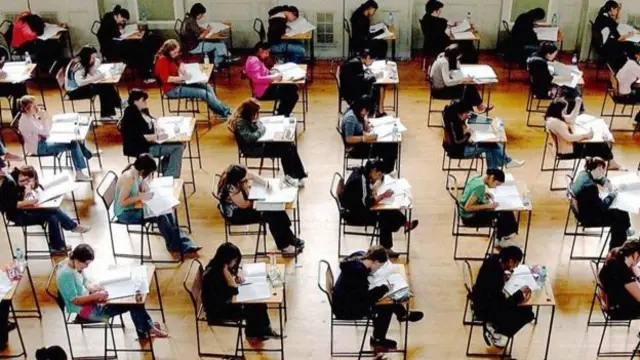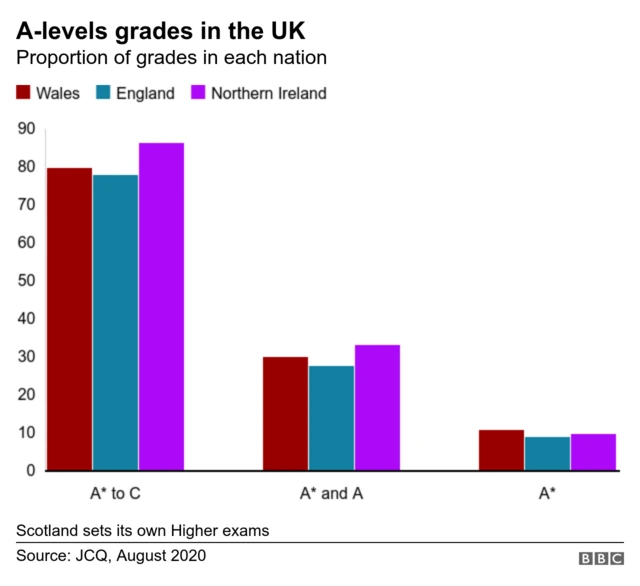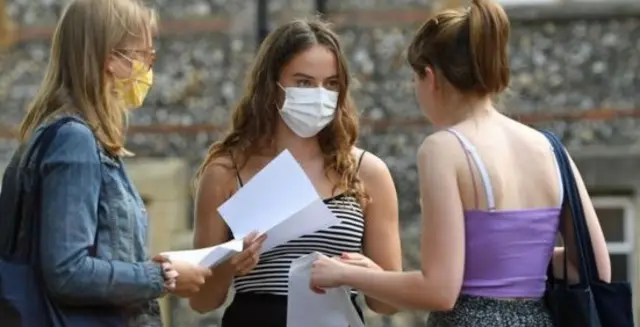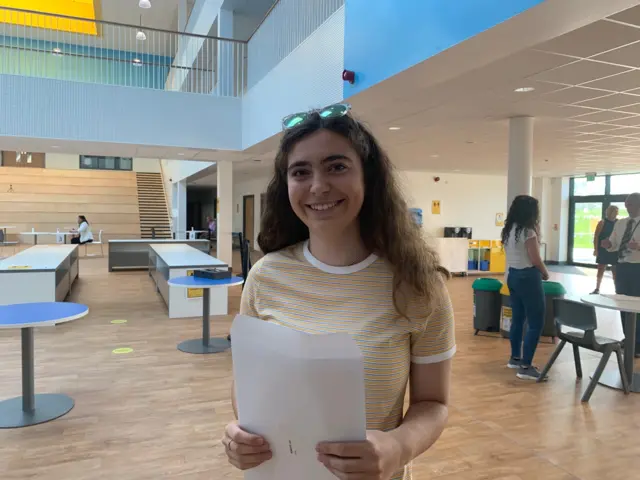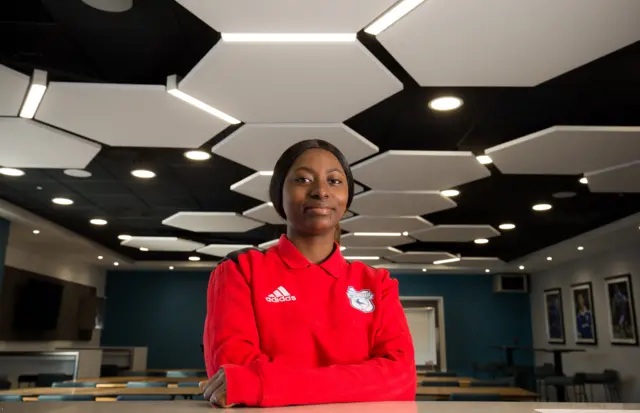Goodbyepublished at 13:14 BST 13 August 2020
That's all from us on today's live page - we'll be back tomorrow to update you on the coronavirus outbreak developments.
Here are your latest stories in Wales:
- Record top grades in 'cancelled' A-levels
- Student's 'terrifying' experience during pandemic
- Lightning strikes house and homes flooded
- Concern grows at numbers of downgraded results
If you're one of the students picking up your A-level results today, we wish you all the best for your future.

